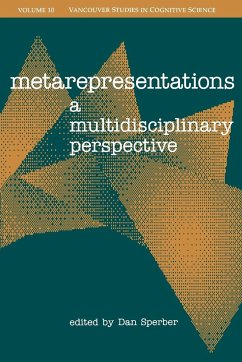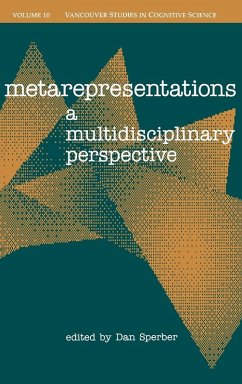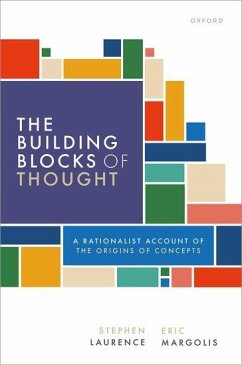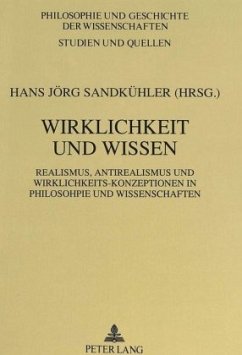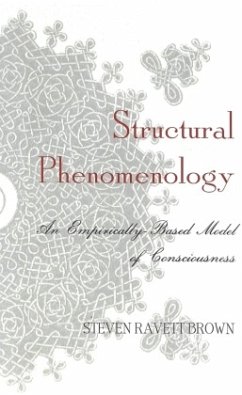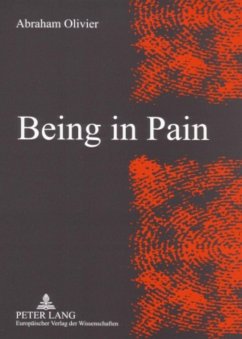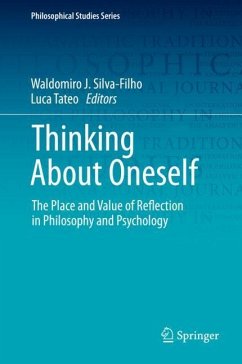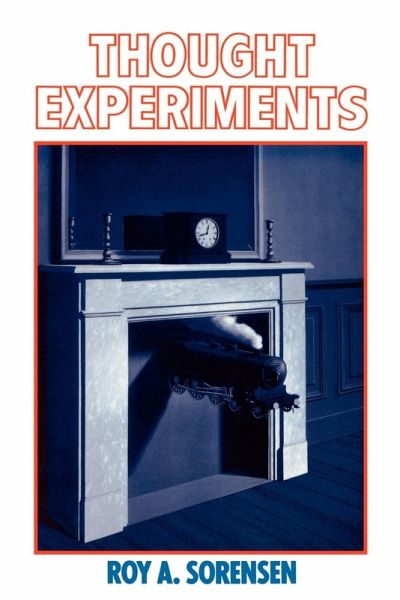
Thought Experiments
Versandkostenfrei!
Versandfertig in 1-2 Wochen
87,99 €
inkl. MwSt.

PAYBACK Punkte
44 °P sammeln!
In this book, Roy Sorensen presents the first general theory of the thought experiment. He analyses a wide variety of thought experiments, ranging from aesthetics to zoology, and explores what thought experiments are, how they work, and what their positive and negative aspects are. Sorensen also sets his theory within an evolutionary framework and integrates recent advances in experimental psychology and the history of science.
Can merely thinking about an imaginary situation provide evidence for how the world actually is--or how it ought to be? In this lively book, Roy A. Sorensen addresses this question with an analysis of a wide variety of thought experiments ranging from aesthetics to zoology. Presenting the first general theory of thought experiment, he sets it within an evolutionary framework and integrates recent advances in experimental psychology and the history of science, with special emphasis on Ernst Mach and Thomas Kuhn. Sorensen explores what thought experiments are, how they work, and what their virtues and vices are. In his view, philosophy differs from science in degree, but not in kind. For this reason, he claims, it is possible to understand philosophical thought experiments by concentrating on their resemblance to scientific relatives. Sorensen assesses the hazards of thought experiments and grants that there are interesting ways in which the method leads us astray, but attacks most scepticism about thought experiments as arbitrary. He maintains that they should be used--as they generally are--as part of a diversified portfolio of techniques, creating a network of cross-checks that make for impressive reliability.





